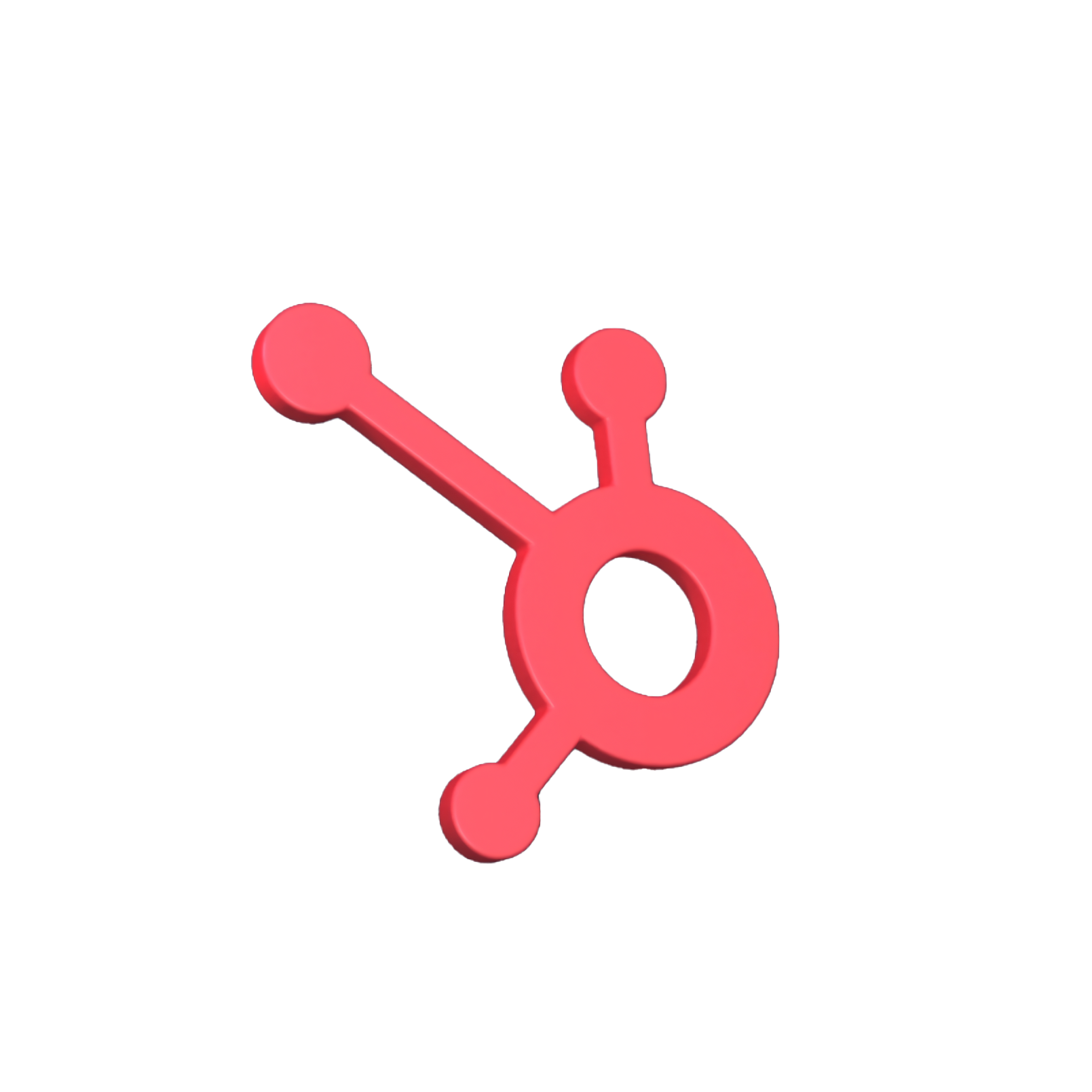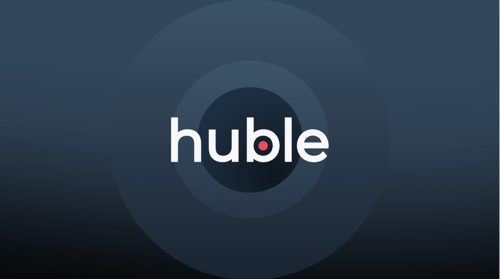On Monday 6th March 2023, HubSpot’s own generative chat AI tool, ChatSpot was announced by HubSpot Co-Founder and CTO, Dharmesh Shah in this LinkedIn post, joining a host of products that are currently integrating AI into their offerings. Read on to learn more about how ChatSpot is going to revolutionise how people engage with HubSpot.
Everyone has tried out ChatGPT, the fastest-growing product ever, having reached 100 million users in just 2 months.
This comes at a time when AI is more popular and powerful than ever, with tools like DALL·E 2 and Midjourney able to turn text prompts into beautiful art, illustrations, and photorealistic images in seconds.
Similarly, AI copywriters like Jasper and Copy.Ai can generate text in any format and on any topic based on user inputs, assisting the process of writing anything from social media copy to blog posts.
What is ChatSpot?
With the introduction of ChatSpot, HubSpot now uses this power of natural language processing, both of text and speech, to create what Dharmesh Shah has dubbed ChatUX - or the ability to use a chat interface that uses natural language to deliver a user experience for software.
.webp?width=925&height=742&name=ezgif.com-gif-maker%20(4).webp)
Put simply, ChatSpot takes natural language prompts such as “create me a report on monthly website visits” and, depending on the query, uses a combination of information from HubSpot CRM, ChatGPT, DALL·E 2, and Google Docs to form a response to you.
What can you do with ChatSpot?
ChatSpot has numerous use cases across sales and CRM, reporting, and marketing. Let’s look at these in more detail.
Sales and CRM
ChatSpot can streamline a range of everyday Sales and CRM tasks. For example, you can easily find important information in your database with queries such as “how many contacts do I have”.

ChatSpot also enables you to add objects to your database such as a contact, company, deal, ticket, or task, vastly reducing the number of clicks needed to create a record.
Additionally, ChatSpot enables you to search your database based on specific criteria such as size, location, or revenue, making it easy to get an overview of your most relevant leads.
Another feature of ChatSpot is the ability to assign owners to records, such as when a lead needs to be followed up within a specific time frame. Similarly, it can move leads from MQL to SQL, helping you ensure that your sales teams are only focusing on high-quality leads.
Reporting
ChatSpot makes it simple to build powerful reports quickly. All you need to specify are the criteria you want your report built on and it does the rest.
This means a report on all your customers grouped by country or a report of companies added in Q4 grouped by industry is only a few keystrokes away.

And thanks to the integration of Google Docs with ChatSpot, you can just as easily export these reports to Google Sheets or Google Slides as a pre-built chart.

Additionally, the inclusion of ChatGPT means that you can use all the information in its database to further filter or modify your reports, or ask questions about your data, such as “what is the average number of companies per country”.
Marketing
ChatSpot also enables you to easily get an overview of your marketing data, filter it as needed, and present it in a way that best suits your needs.
For example, it can generate a summary of your website visits or leads generated for the previous year and present it either in a table or as a graph. Additionally, you can take any output, such as this summary, and have it sent to your email so that you can reference it in your discussions.

Alternatively, you can also run a prompt, such as your monthly website visits for the previous quarter, and subscribe to the report at a specified cadence, resulting in ChatSpot running your report when specified and emailing you the results.
Other use cases include gleaning information about what keywords your website is ranking for, its position for the keywords, the CPC of these keywords, and a link to the ranking page, giving you powerful insights into your website’s performance.

Last but not least, ChatGPT’s inclusion in ChatSpot means that you can lean on its other features, such as drafting blog or social media posts which you can use as the foundation of your content. Additionally, the inclusion of DALL·E 2 allows you to generate images to accompany this content or for any other purposes.
Limitations and the future of ChatSpot
Since this version of ChatSpot is still in beta, it's still in the early stages of the tool meaning it isn’t fully featured yet and there will be limitations.
For use cases where you need a quick overview of data such as leads generated and website visits, or need to interact with your CRM database to understand the demographics, it’s great.
However, task completion processes, such as creating a deal, contact, or ticket, or pushing a deal down a pipeline, are still in their infancy. This is because there are many ways to achieve things in HubSpot.
At Huble, we spend a lot of time building governance guides (or recipes) on how HubSpot portals should be run, why they are set up that way, and what the processes are for them, something that ChatSpot currently can’t digest and modify its action on, and as a result could create things incorrectly due to this missing context.
Additionally, the CRM governance guidelines we create include contextual information about a Hubspot CRM system which needs to be considered when completing actions.
For example, when creating a contact, which mandatory properties must be completed for the contact to be created in Hubspot and ensure that no data is missing, or when creating a deal, which are the core properties that must be completed that are only relevant to a specific CRM implementation?
As it currently stands, you can’t input a governance guide of CRM policies, processes, and management into ChatSpot before completing tasks. Ideally, in the future, when asking ChatSpot to create a deal, it will first ask for the core pieces of information that your company requires.
While a CRM governance guide isn’t as important for smaller businesses with only a handful of people managing the CRM, it’s essential for successful enterprise CRM management where sales, service and marketing teams can number in the hundreds.
An additional shortcoming of ChatSpot currently is that it replicates the process behind your HubSpot setup. This means that if it was set up with poor processes, it will create things badly.
A great example here is if you are looking to set up a webinar.
Creating a webinar requires multiple different elements, including landing pages, thank you pages, a connection with a webinar piece of software, pre-webinar communications, and post-webinar communications.
To get ChatSpot to create a webinar for you, you have to provide it with an exact recipe to follow such as how to create the landing and thank you pages, how to connect to your webinar tool, which forms to use, and what the pre- and post-webinar workflows look like. Currently, this isn’t possible, but we are looking forward to a future version of the tool being able to digest a governance guide that includes this type of information - and really make ChatSpot a revolutionary addition to the HubSpot toolset.
Without this information, ChatSpot will create what it thinks is the best way to set up a webinar with no regard for your needs.
Looking for your own CRM governance?
All the above-mentioned issues relate to change control and change governance, key focus areas for us at Huble, especially at an enterprise level. If your company is at a maturity level where governance is important and the integrity of your data and systems is paramount, yet you do not have this level of planning, Huble can assist in setting this up.
Additionally, our 24/7 managed services offering, combined with governance documentation, means that we can support your team contextually.
Still, even at this early stage, ChatSpot can help reduce the amount of manual work required, meaning your employees can spend more time thinking about strategy and improving customer service rather than completing manual tasks.
However, once ChatSpot can understand and modify its actions based on governance guides, its useability will extend much further into the enterprise space.










-3.png?width=500&height=320&name=Matt%20-%20imagery%20bank%20(8)-3.png)

